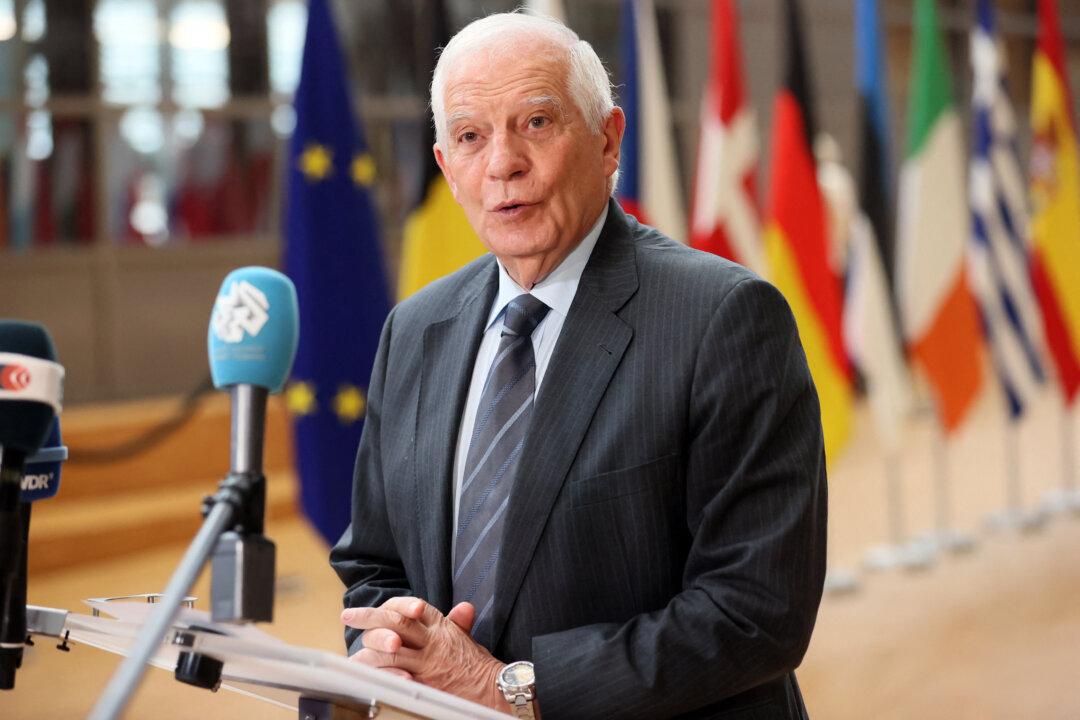The European Union (EU) has sanctioned 19 Chinese companies for supporting Russia during its war against Ukraine.
The 19 companies listed in the Official Journal of the European Union are based in mainland China and Hong Kong and are among 61 entities issued with new sanctions on June 24 for their role in “directly supporting Russia’s military and industrial complex” in its war against Ukraine.




